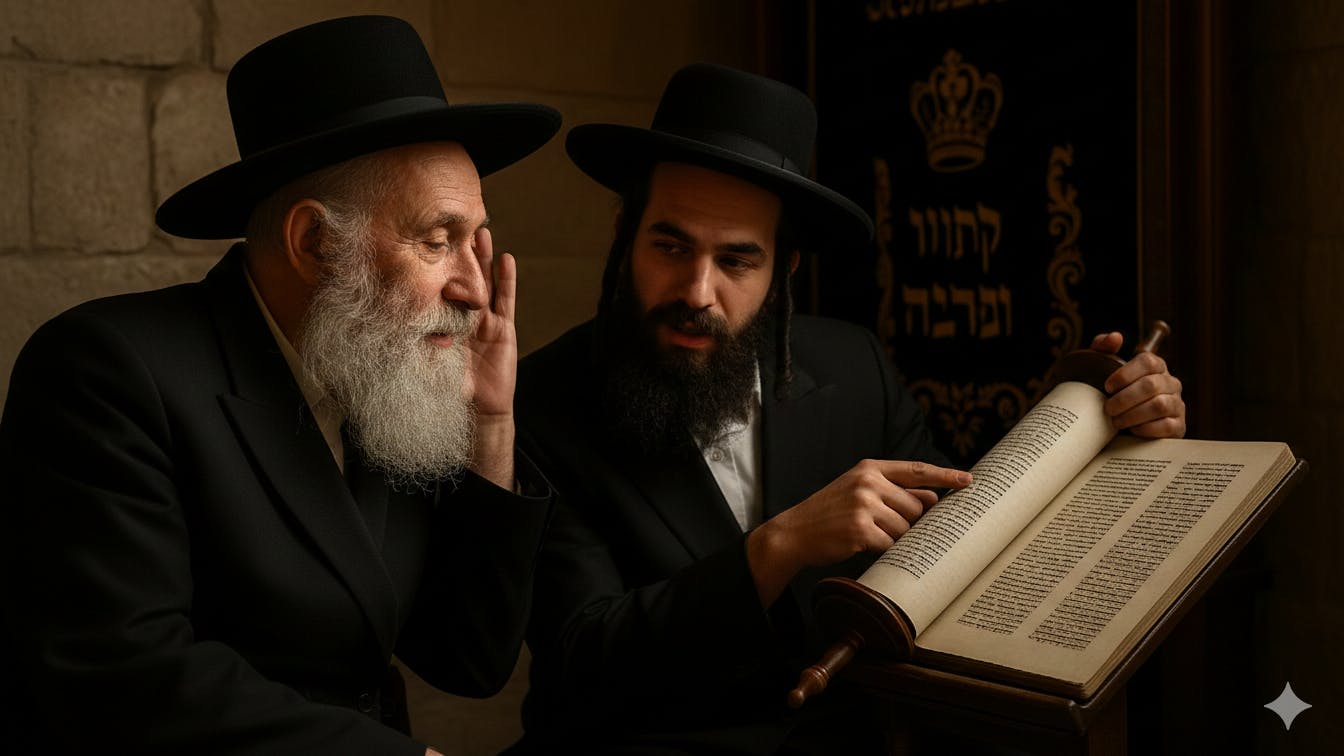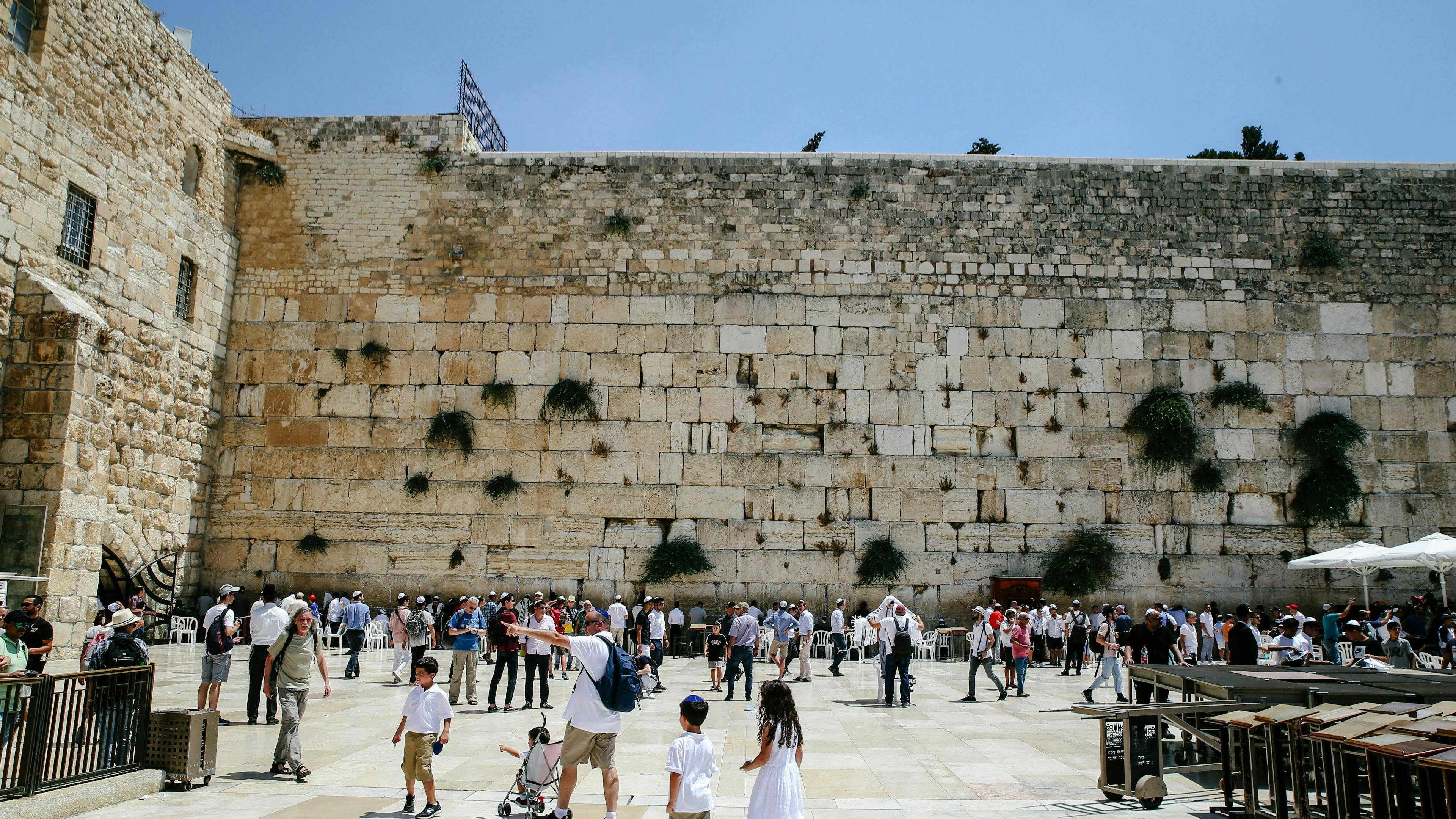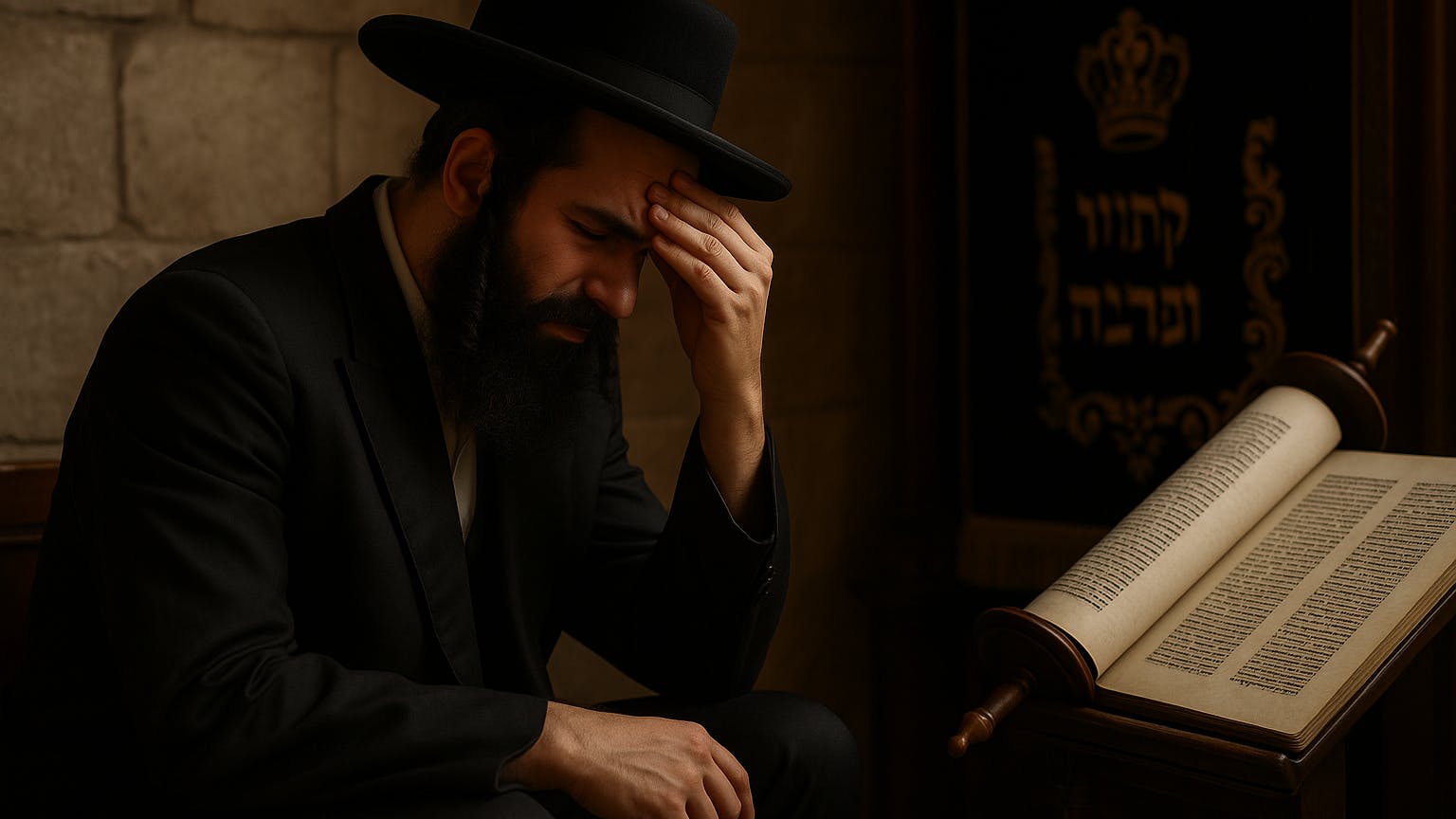We all find ourselves on the wrong side of decisions, paying the consequences of an unbridled mouth, undisciplined mind, or hasty action.
The Tanakh best describes the nature of the human heart in Genesis 8:21, when G–d says to Noah, “for the imagination of man’s heart is evil from his youth ...”
The clear cycle of sin (action and result) is seen repeatedly throughout the story of the people of Israel. Sin abounds; G–d warns the people; they do not heed His warning. They end up suffering the consequences, then repent . . . and repeat.
G–d’s solution to sin was the sacrificial system in Leviticus chapters 1–9 and Yom Kippur, as set out in Leviticus 23:27–28.
On Yom Kippur, any G–d-fearing Jew with a guilt-stricken conscience could fast, pray, and ask for forgiveness until Yom Kippur in the following year.
In our day, in the absence of a temple and priests to perform daily sacrifices or atone for the people’s sins daily or annually, they have resorted to other, modern options. Some wave chickens around their heads in lieu of real sacrifices; others press their tear-stained faces against the remaining stones of the Western Wall, praying for mercy. This brings up a question: Why did G–d allow the temple to be destroyed, leaving the people without a place to sacrifice?
Was G–d, in His infinite wisdom, done with the temporary sacrificial system He put in place for the atonement of sins? Was there no longer a need for it, since a greater sacrifice had been offered up in its stead?
The Ultimate Sacrifice
What is a sacrifice?
Wikipedia says, “Animal sacrifice is the ritual killing and offering of one or more animals, usually as part of a religious ritual or to appease or maintain favor with a deity.”
In the Tanakh, the first animal sacrifice was initiated by G–d Himself to cover the nakedness of Adam and Eve in the Garden (Genesis 3:21). He made them “coats of skins, and clothed them.” After that, Abel offered fat portions from his flock, before being murdered by Cain (Genesis 4:3–4, 8), Noah sacrificed burnt offerings on an altar after the flood (Genesis 8:20), and Abraham was given a ram to put on the altar instead of his son, Isaac (Genesis 22:13).
Since the beginning of time, mankind has understood the importance of sacrifice in relation to G–d, but what about in relation to forgiveness?
The first time that a sacrificial system was introduced was through Moses on Mt. Sinai (Leviticus chapters 1–9), when the people of Israel were given the opportunity to connect on a spiritual and personal level to G–d in relation to their sins and offerings.
Different types of sacrifices and offerings were set out for different sins and situations, as well as clear instructions on how each sacrifice or offering was to be presented on the altar.
Since then, for thousands of years the smoke and incense of bulls, sheep, goats, and doves have gone up before G–d, but in Israel today there is no official temple, and there is no sacrificing of animals. After the second temple was destroyed in A.D. 70, the people of Israel scattered. Without a place for them to exercise their faith, the sacrificial system was no more.
Coincidence or Covenant?
Was G–d surprised by the destruction of the second temple? Was G–d overthrown by the Romans, and the sacrificial system trampled on by gentiles?
G–d is omniscient, omnipotent, and omnipresent. If He, in His infinite wisdom, allowed the temple to be destroyed and the sacrificial system to cease, would He leave the people without a means of receiving forgiveness? Would He not replace it with something better, as His character is just and faithful?
G–d is never without a plan, and His grand plan included replacing animal sacrifice with blood that was more powerful and sufficient. The proof of that starts in Genesis, where the first Messianic prophecy shows how G–d would do away with the serpent who tempted Adam and Eve to sin (Genesis 3:15).
If you want to know more, read our article: "Is Yeshua The Jewish Messiah?"
Furthermore, the prophet Isaiah predicted the coming of the Messiah, whose role is to atone for sin: “Yet it pleased the LORD to bruise him; he hath put him to grief: when thou shalt make his soul an offering for sin, he shall see his seed, he shall prolong his days, and the pleasure of the LORD shall prosper in his hand ... he shall bear their iniquities” (Isaiah 53:10–11).
It was also said about the Messiah that He “was oppressed, and he was afflicted, yet he opened not his mouth: he is brought as a lamb to the slaughter, and as a sheep before her shearers is dumb, so he openeth not his mouth” (Isaiah 53:7).
The purpose of forgiveness of sin is ultimately to restore mankind unto G–d and eliminate the separation sin creates (as in the Garden of Eden).
When did G–d promise in covenant to remove sin forever?
In Jeremiah 31:31, 34: “Behold, the days come, saith the LORD, that I will make a new covenant with the house of Israel, and with the house of Judah ... for I will forgive their iniquity, and I will remember their sin no more.”
How did He fulfill the covenant? By sending Yeshua, who came in the flesh to atone for sin and offer Himself up as a living sacrifice, as written in John 1:14:
John 1:14
“And the Word was made flesh, and dwelt among us, (and we beheld his glory, the glory as of the only begotten of the Father), full of grace and truth.”
If Messiah Came Tomorrow, Would You Recognize Him?
There is much debate surrounding the life of Yeshua, and this might even be the first time you’ve heard Him spoken about in this context.
We believe that anyone worth believing in is also worth researching, studying, and pondering.
The Messianic prophecies are given to us as clear signs to help us recognize the Messiah when He appears. Are you taking on the personal responsibility of familiarizing yourself with them?
With a humble heart, we ask that you do.
G–d makes no mistakes, and, as a loving G–d, He would never leave His children without means of forgiveness or a plan for their redemption.
Your questions are valid, no subject is off-limits, and no debate is too hard. We look forward to hearing from you.
More Topics
You might alsoo be interested in these topics.




